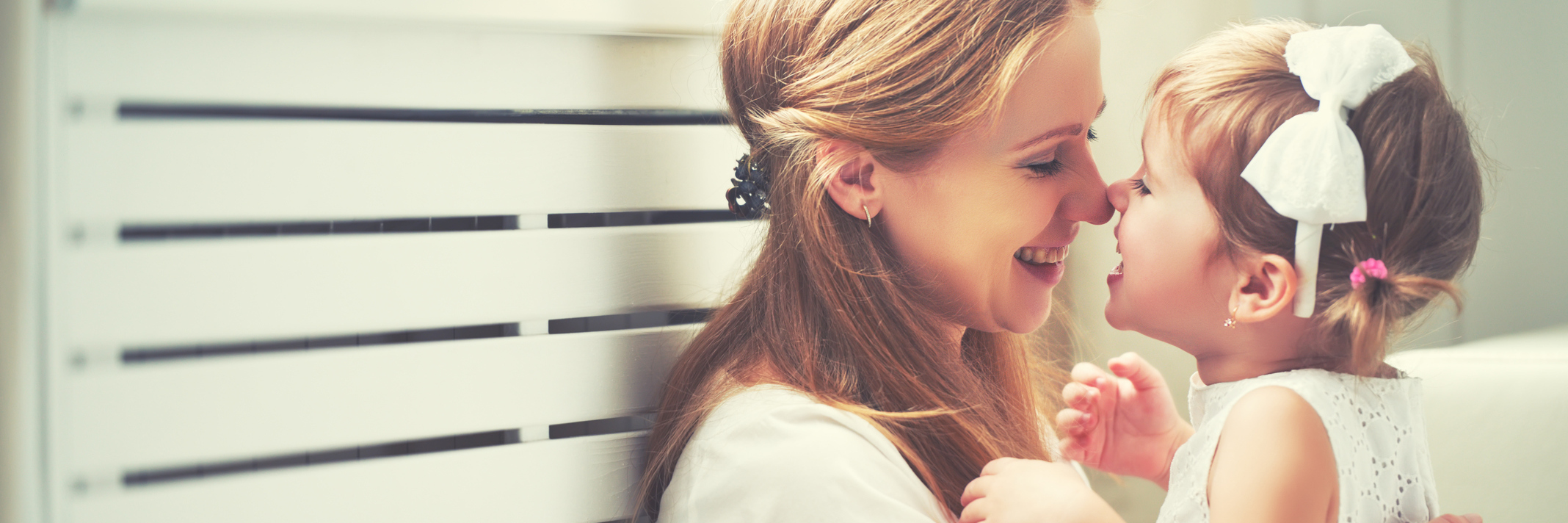Editor’s note: If you have experienced emotional abuse, the following post could be potentially triggering. You can contact the Crisis Text Line by texting “START” to 741-741.
Anxiety and depression began around puberty for me — at least, that’s the first time I remember having symptoms of both. The abusive home environment I lived in was no doubt the catalyst for my mental health issues, and it is what solidified those problems so they would just grow and become more complex over the next decade. As I near six months in my mental health journey using cognitive behavioral therapy (CBT) to treat post-traumatic stress disorder (PTSD), anxiety, situational depression and binge eating disorder, I am analyzing the root cause of these issues. While many experiences combined to create my mental health cocktail, the overall theme of why I struggle to overcome these issues is my self-worth.
For example, two weeks ago I started my 2-year-old son in daycare. I began working out with a trainer at a gym three days a week, I have more dedicated work time so that my work/life balance is less stressful and I have more time to focus on therapy and meditation and healing. Each of these things is an overwhelmingly positive change in my life — or at least, it should be. So, why am I noticing signs of my brain falling into depression? Why do I seem to be self-sabotaging these positive changes? My theory? I think my brain is reacting this way because at the deepest of levels I don’t believe I’m worth better. I don’t believe I’m worth my time, energy, and love. I don’t believe I’m worth self-care. I don’t believe I’m worth the effort to better myself.
That’s a hard thing to admit to yourself, let alone to other people, but there it is. In analyzing how my self-worth got this low, and how it got concrete poured over it to make sure it never moved, it seems to come back to many things I witnessed and experienced in those teen years when my mental health problems began. I want to share some dos and don’ts for parents that would have made a huge difference in my mental health journey, my body image issues and my personal self-worth.
DO: Reassure your child that the changes their body is experiencing are normal and all of them are beautiful all the time because their beauty is more than physical.
DON’T: Say conflicting things about your child’s appearance, even jokingly. Don’t tell them they’re beautiful, then make a joke about eating a second slice of cheesecake “for the other cheek.”
DO: Take care with how you speak to and about other people around your child, making sure you are respecting all other human experiences.
DON’T: Insult and belittle other humans in front of your child (or at all). We notice when you tell us we’re pretty and then call the curvy woman on TV “a fat ass.”
DO: Teach your child healthy coping mechanisms for stress, and use those mechanisms yourself so they can see it in action.
DON’T: Lose control of your emotions, blame others for your stress, use unhealthy coping mechanisms yourself (like substance abuse and binge eating).
DO: Encourage your child to talk to you and truly listen to their truth. Assure them that their stress and feelings are valid, and help them to find healthy ways of coping.
DON’T: Share your personal problems and stress with your child. They are not responsible for your stress level and should not be made to absorb your problems in addition to their own.
DO: Honor your child’s stress, even if the problem seems trivial to you. Encourage them to feel their emotions and work through them in a healthy and rational way.
DON’T: Belittle your child’s stress or force them to put their emotions in a box. Even if you are in public and feel embarrassed by your child’s tears, do not push your stress of being embarrassed onto your child. If they are going to learn to take care of themselves and not care what other’s think of them they are going to have to see you exemplifying how to do that.
DO: Respect your child’s experience.
DON’T: Try to control your child’s experience.
Those of us with mental health issues will most likely unintentionally pass them onto our children. I can already see anxiety in my two-year-old. The important thing is that we teach them how to cope. We teach them how to handle stress in a healthy way. We show them through example that every person’s experience deserves to be respected. It wasn’t just the abuse I endured that shaped my miswired brain — it was also the abuse that I witnessed. It was the casual hatred for other people, the subtle and not so subtle ways I was taught that only perfection is worthy and perfection is unattainable so I am not worthy. Let us be the generation who ends the cycle of abuse, who ends the cycle of hate and who begins respecting people simply because they are people.
If you or a loved one is affected by domestic violence or emotional abuse and need help, call The National Domestic Violence Hotline at 1-800-799-7233.
We want to hear your story. Become a Mighty contributor here.
Thinkstock photo via evgenyatamanenko

